Why study criminology online at Flinders?
Enhance your qualifications
Pursue your passion for criminology and graduate with two qualifications.
Learn from the experts
Draw on one of the top-ranked criminology research programs in Australia*.
Flexible and convenient online study
Learn at a pace (and place) that suits you, via a dedicated online platform.
*Excellence in Research for Australia rankings.
Fast facts
Course type: Undergraduate, Diploma or Graduate entry
Location: Online
Students: Domestic
Start date: February 2018
Payment options: Commonwealth supported places available
Study options
Bachelor: 3 years part-time or 1 year full-time equivalent
Diploma: 1 year full-time or part-time equivalent
Graduate entry: 1.5 years full-time or part-time equivalent
Note: Online study is currently available for first year topics only. Second and third year topics are not yet available online.
Study a Bachelor of Letters (Criminology) Online
The Bachelor of Letters (Criminology) provides an avenue to pursue your passions and gain additional skills by undertaking a second study area in addition to your primary Flinders degree.
Specialising in Criminology will provide you with highly demanded knowledge and skills, allowing you to enhance your current qualification. You will be exposed to a comprehensive range of applied topics, taught by some of Australia’s leading teachers and researchers in the field.
Core topics - first year*
27 units comprising:
CRIM1101 Crime and Criminology (4.5 units)
CRIM1102 Criminal Justice System (4.5 units)
CRIM3401 Criminology in Practice (4.5 units)
CRIM3402 Advanced Research Methods and Analysis (4.5 units)
LEGL1201 Law in Australian Society (4.5 units)
SOCI2025 Sociological Research: Design, Methods and Ethics (4.5 units)
Note: Online study is currently available for first year topics only. Second and third year topics will be made available for online study in 2019-20.
*Intended as a guide only. Check the course rule for this degree program regularly for the most comprehensive and up-to-date topic information.
Career opportunities
Flinders Criminology graduates have enjoyed wide choice of careers and diverse employment trajectories in Australia and overseas. Many, for example, move into employment within the wide range of operational services associated with criminal justice system.
Others work across various support and welfare services that are crucial to positive justice outcomes for offenders, victims and other vested interests. Elsewhere, Flinders Criminology graduates have applied their knowledge and skills across a range of research, policy-making, teaching and training outlets - obtaining employment through governments, universities and in other educational contexts.
How to apply
Current students
Add the Bachelor of Letters (Criminology) to your course:
- Visit the Student Information System
- Enter your student ID and password
- Go to: ‘My Application’
- Click: ‘Internal Transfer’
- Select: ‘Bachelor of Letters’
You will receive notification via your student email address.
Graduate entry
Applications for graduate entry* are made through the South Australian Tertiary Admissions Centre (SATAC).
SATAC code: 2BG023
*Graduate applicants must hold an approved bachelor degree or equivalent qualification.
Online student support
Flinders online students have access to an extensive support network, with learning support, financial assistance, career services, and more, readily available. This includes:
Advice for study and assignments, plus extended library support hours during the semester.
24/7 access to online study resources including ebooks and journals.
Access to our IT helpdesk, as well as a range of software downloads and computer tutorials.
Free and confidential counselling service available online or over the phone.
Learn from experts in the field
Draw on one of the top-ranked criminology research programs in Australia (Excellence in Research for Australia rankings).
Our academic staff members have an internationally renowned reputation for research, specialising in such areas as policing, corrections, criminal process, victimisation, miscarriages of justice, organised crime, corruption, and irregular migration, amongst others.
Dr Russell Brewer is a Senior Lecturer and Teaching Program Director for Criminology. He has a PhD from the Australian National University. His research interests include cybercrime, organised crime and social networks. He has published his findings through several leading publication outlets, holds multiple nationally competitive grants, and has been called upon by Government Agencies both domestically and abroad to advise on policy. Dr Brewer teaches several topics in the Bachelor of Criminology, including the introductory and advanced-level topics Criminal Justice System, and Criminal Networks.
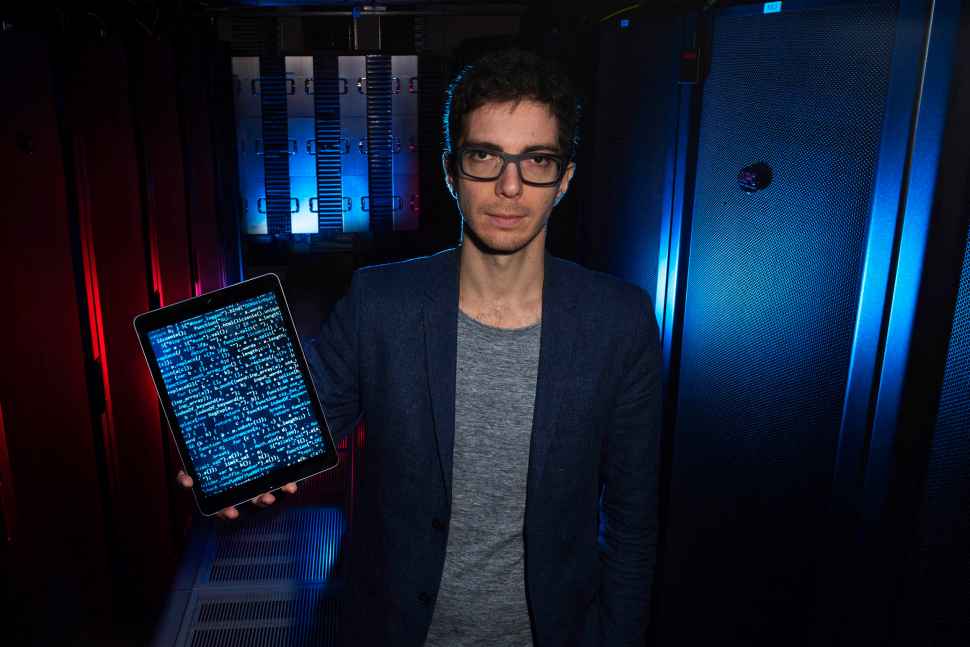
Associate Professor David Bright is a forensic psychologist and criminologist. His research interests include organised crime, terrorism, criminal networks, and correctional rehabilitation. He is internationally recognised as a leader in the field of criminal networks, is the recipient of over one million dollars in competitive research funding, and has a significant track record of engagement with law enforcement and security agencies. Associate Professor Bright teaches two topics in the Bachelor of Criminology: Criminal Networks and Violent Crime. Both courses draw heavily on Associate Professor Bright's professional experience and on the findings of his research groups.
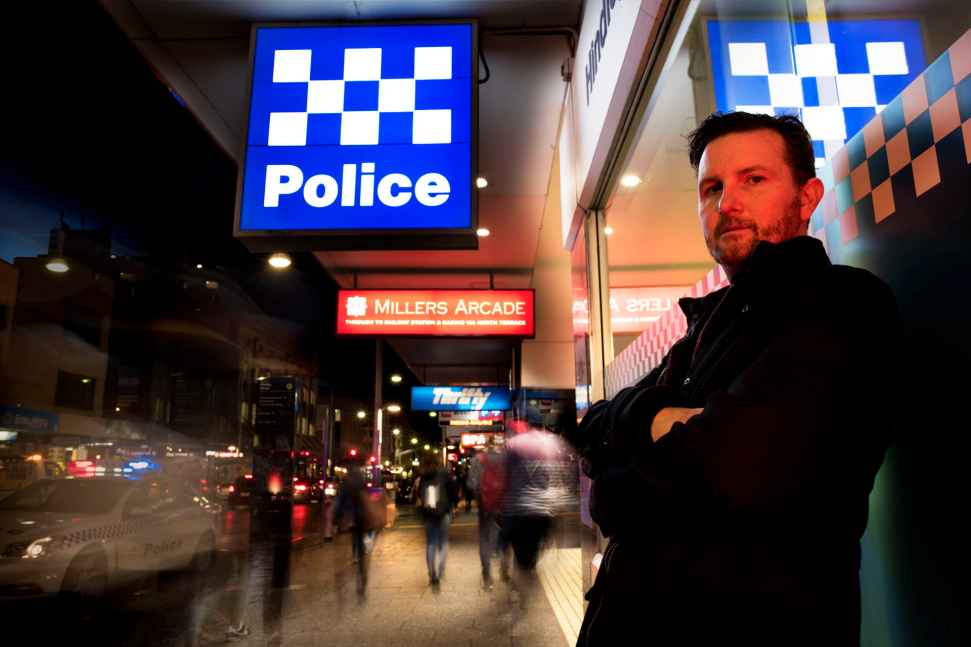
Dr Derek Dalton is Associate Professor in Criminology at Flinders University. He has a PhD from The University of Melbourne and comes from a background in High School teaching. His research interests include the historic regulation of homosexuality and, more recently, a burgeoning interest in ‘dark tourism’. This burgeoning new area of interest culminated in the publication of Dark Tourism in Crime in 2015 (Routledge). Derek is a triple award winning teacher, including the prestigious Commonwealth Government awarded “citation” for demonstrated excellence in teaching (for his Bachelor of Criminology topic Crime Law and Trauma). Derek has done consultancy work for Australian law enforcement around such topics as Hate-crime prevalence in homicide cases in New South Wales.
Willem de Lint is Professor in Criminal Justice at Flinders University. He is researching and publishing in policing, victimology and critical criminology. His latest publications are on counter-terrorism prosecutions, victim self-medication and public order policing. His current projects include work on criminologies of the military and inter-agency policing.
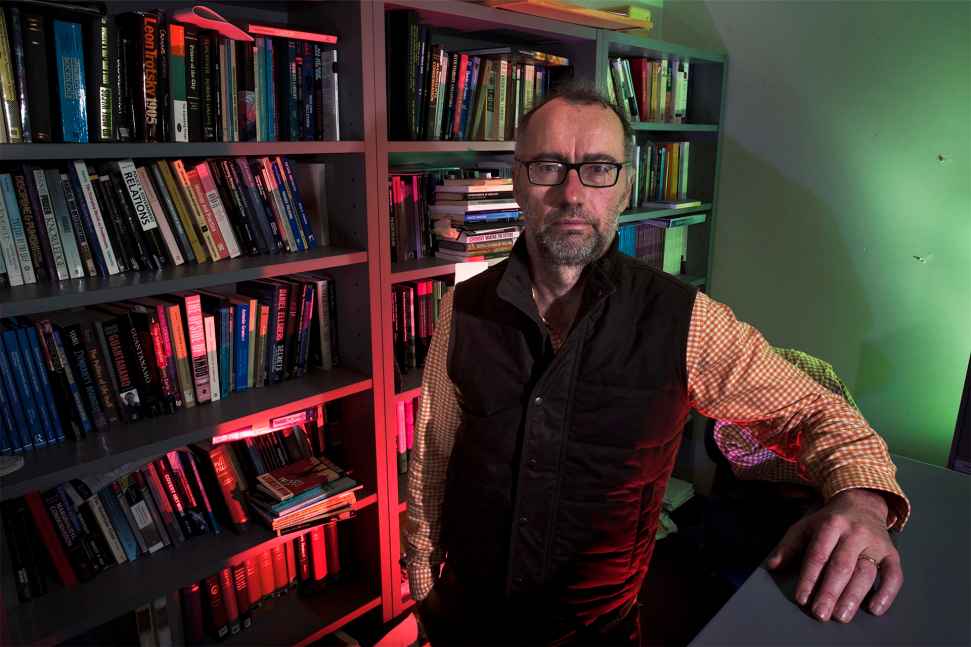
Dr Maria Giannacopoulos is Senior Lecturer in Socio-Legal Studies at Flinders University. She holds a BA (Hons) LLB (Hons) and a PhD in Critical and Cultural Studies. The entirety of Dr Giannacopoulos' research is oriented by the impetus to expose the complex ways in which the institution of law is not a neutral apparatus that is inherently just. She grounds her rigorous and original analyses of law in two overlapping fields: Aboriginal sovereignty and refugee and asylum seeker studies. As a recent recipient of a Flinders University Faculty award for teaching excellence, Dr Giannacopoulos’ teaching was recognised as being distinguished by the manner in which it is critically underpinned and driven by innovative research aimed at exposing students to new ways of understanding law, processes of criminalisation, injustice and justice and a host of other emerging urgent issues.
Professor Andrew Goldsmith is Matthew Flinders Distinguished Professor of Criminology and Director of the Flinders Centre for Crime Policy and Research. He is also a Fellow of the Academy of Social Sciences in Australia. He has degrees in law, criminology and sociology, including a Doctorate of Juridical Science from the University of Toronto and a Doctorate of Laws from the London School of Economics, University of London. He has previously held academic positions in the United Kingdom and at Monash University, the University of Wollongong, and the Australian National University. Prior to becoming an academic, he worked in legal practice in Adelaide and country SA for three years. He is an active researcher in the areas of transnational policing, organised crime and cyber-crime. He teaches Criminal Law in Context in the Bachelor of Criminology.
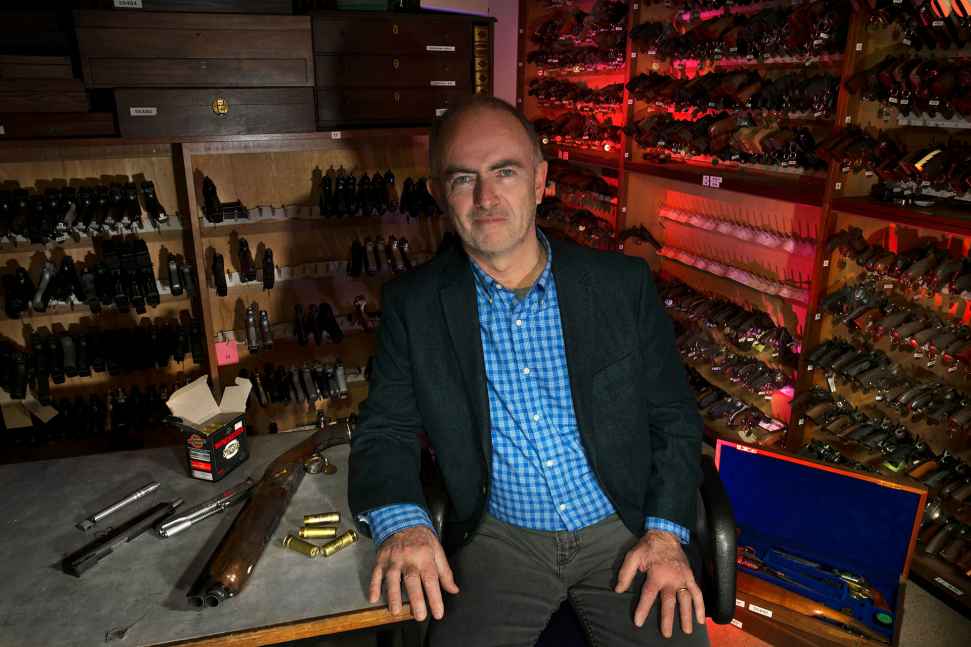
Professor Mark Halsey has an international reputation in the areas of prisons, rehabilitation and desistance from crime. Since 2003, he has conducted in-depth interviews with people convicted of such crimes as motor vehicle theft, armed robbery, rape and murder. Professor Halsey is the recipient of four Australian Research Council grants including a Future Fellowship which explored the causes and consequences of intergenerational imprisonment. Data from Professor Halsey's research is used extensively in the second year Bachelor of Criminology topic Punishment and Society.
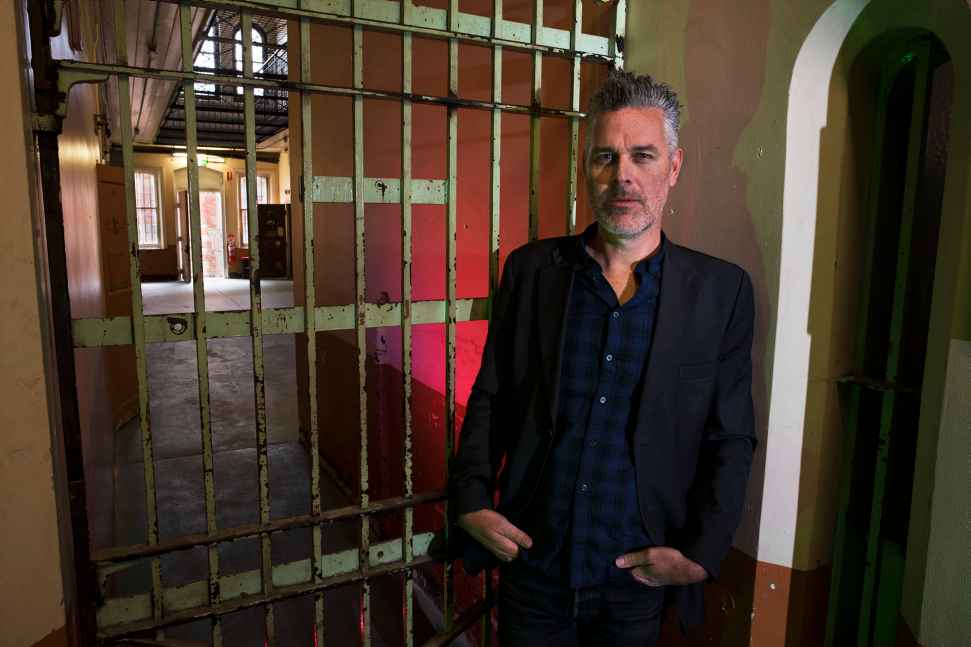
Dr Marinella Marmo is an Associate Professor in criminology and investigates victimhood across borders, with emphasis on transnational migration and human rights. Her work has been published by leading journals, and appears in a number of books and edited collections. Her research has attracted significant international attention as evidenced by a substantial number of news print articles, including The Guardian, The New York Times and many others, and has been cited by leading practitioners, political figures and judges across Europe. Her contribution to excellence in teaching has been recognised by an Australian Government’s Citation for Excellence in Teaching in 2012. A/Prof Marmo is an assessor for the Australian Awards for University Teaching and belongs to the expert pool for Horizon 2020 grants (European Union).
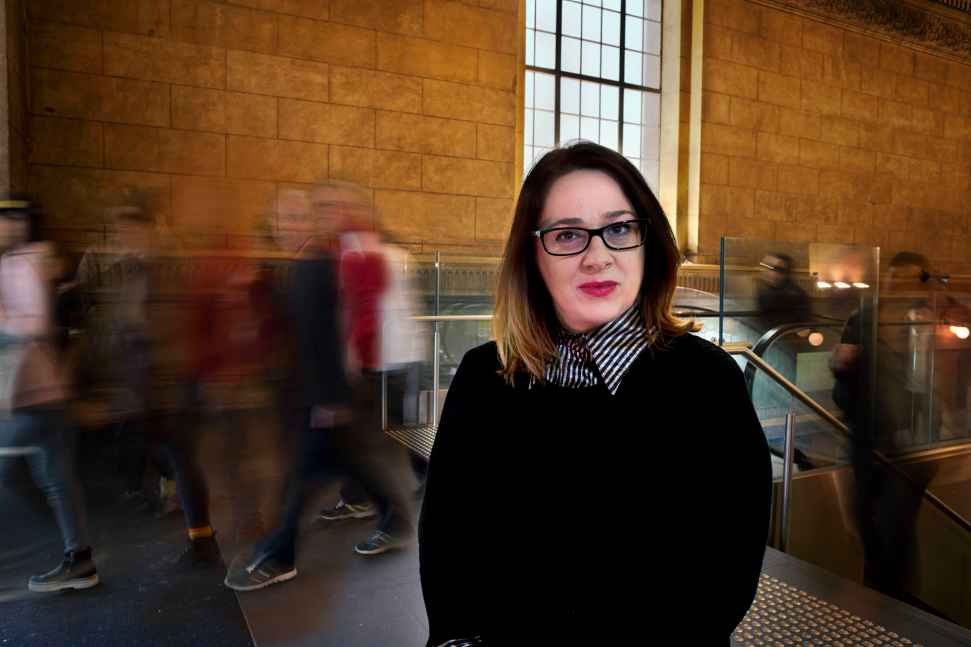
Dr Angela Melville is a Senior Lecturer in the College of Business, Governance and Law. She has a PhD in sociology and anthropology from the University of Newcastle, Australia. She is the former Scientific Director at the Oñati International Institute in Sociology of Law, in Spain, and has had previous posts at the University of Manchester and the University of Newcastle upon Tyne, UK. Her research focuses on the sociology of the legal profession, including stratification within the profession, delivery of legal services, family and child law, civil litigation and legal education. She teaches adavanced topics on research methods.
How you will learn
Delivered 100% online, you can structure your study around your existing work and life commitments. You’ll have access to a personalised online study platform where you can easily view your course activities and deadlines. You can download your resources and access them online whenever and wherever you are 24/7.
Learn in your own time and engage with peers via your dedicated online learning environment. Plus, you’ll have expert staff to teach and support you throughout the course of your studies.






